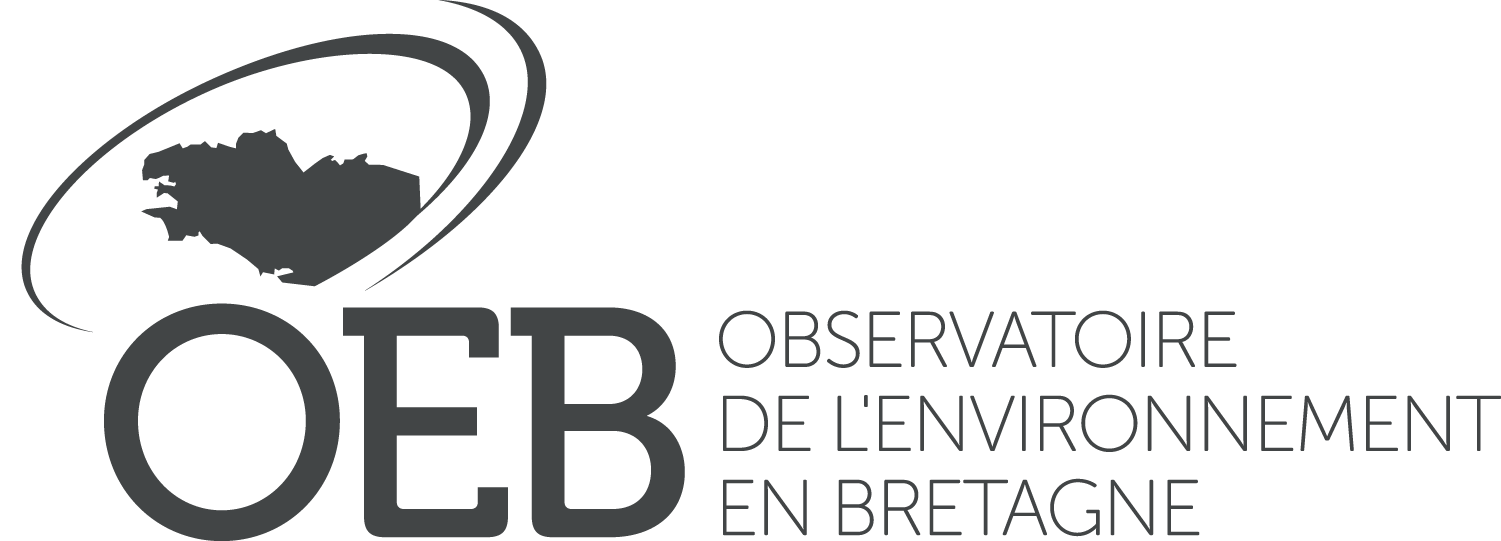Marine (= blue) biotechnology, i.e. the utilization of marine bio-resources as a target or source of biotechnological applications, is a field with massive potential for innovation and economic growth. In a context of rapid climate change and increasing pressure on natural resources, renewed interest in marine biotechnology has been promoted by application of recent methodological and technological advances, notably in bioprocessing and in the various –omics domains, to the study of marine biodiversity. Marine biological resources potentially represent a sustainable raw material for exploitation in diverse fields, including nutrition, health, agriculture, aquaculture, energy, environment, and cosmetics. Marine biotechnology is now recognized as a strategically important domain at European, national and regional levels.
The present document, compiled by the Marine Biotechnology Working Group of the “Europole Mer”, aims to survey the skills, actors and principal infrastructures related to marine biotechnology in the Brittany and Pays de la Loire regions in the west of France in order to identify strengths and weaknesses and propose strategies to stimulate the future development of this strategic domain.
Marine biotechnology is an integral part of the Smart Specialization Strategies of both of these maritime regions, which have more than 3000km of coast and numerous assets for becoming a hub of excellence for marine biotechnology. These include high quality, internationally renowned research laboratories and university courses in marine biology and engineering (bioprocessing), a strong inter-regional technology transfer ecosystem, and a dynamic and diversified network of mainly small-sized private-sector companies.
However, marine biotechnology would benefit from greater inter-regional coherence and synergy between actors. This could be achieved by undertaking specific actions in the following domains:
•• communication: implement a mutualized and offensive communication strategy;
•• research: further support fundamental research and research infrastructures; finance proof-of-concept studies to bridge the gap between public-sector and private-sector research;
•• training: develop multidisciplinarity in existing training; identify the skills needed at each level of the value chain and propose targeted vocational training courses to fill gaps; involve academic, technology transfer, and industry actors in molding the future training landscape;
•• technology transfer : develop a national strategy for the development of marine biotechnology activities, identify the Technology Readiness Level of projects and provide support accordingly; support the implantation of public-private laboratories, demonstrator facilities and science parks.
Les Biotechnologies Marines dans le Grand Ouest
Mise à jour :
20 mai 2015
ressources marines biologiques
biologie marine
ressource marine
biotechnologie
Lien vers la ressource
Type de document
Publication scientifique
Auteurs personnes
Pruvost, Jeremy
Probert, Ian
Portal-sellin, Rachel
Monks, Brian
Le Seyec, Jocelyne
Le Deit, Hervé
Le Blay, Gwenaelle
Jebbar, Mohamed
Hallouin, Florence
Guérard, Fabienne
Durand, Patrick
Dufour, Alain
Compère, Chantal
Blanchard, Gilbert
Jaouen, Pascal
Boyen, Catherine
Éditeur
GIS Europôle Mer
Date de parution
20 mai 2015
Langue
Français
